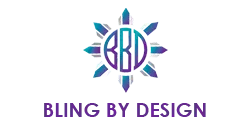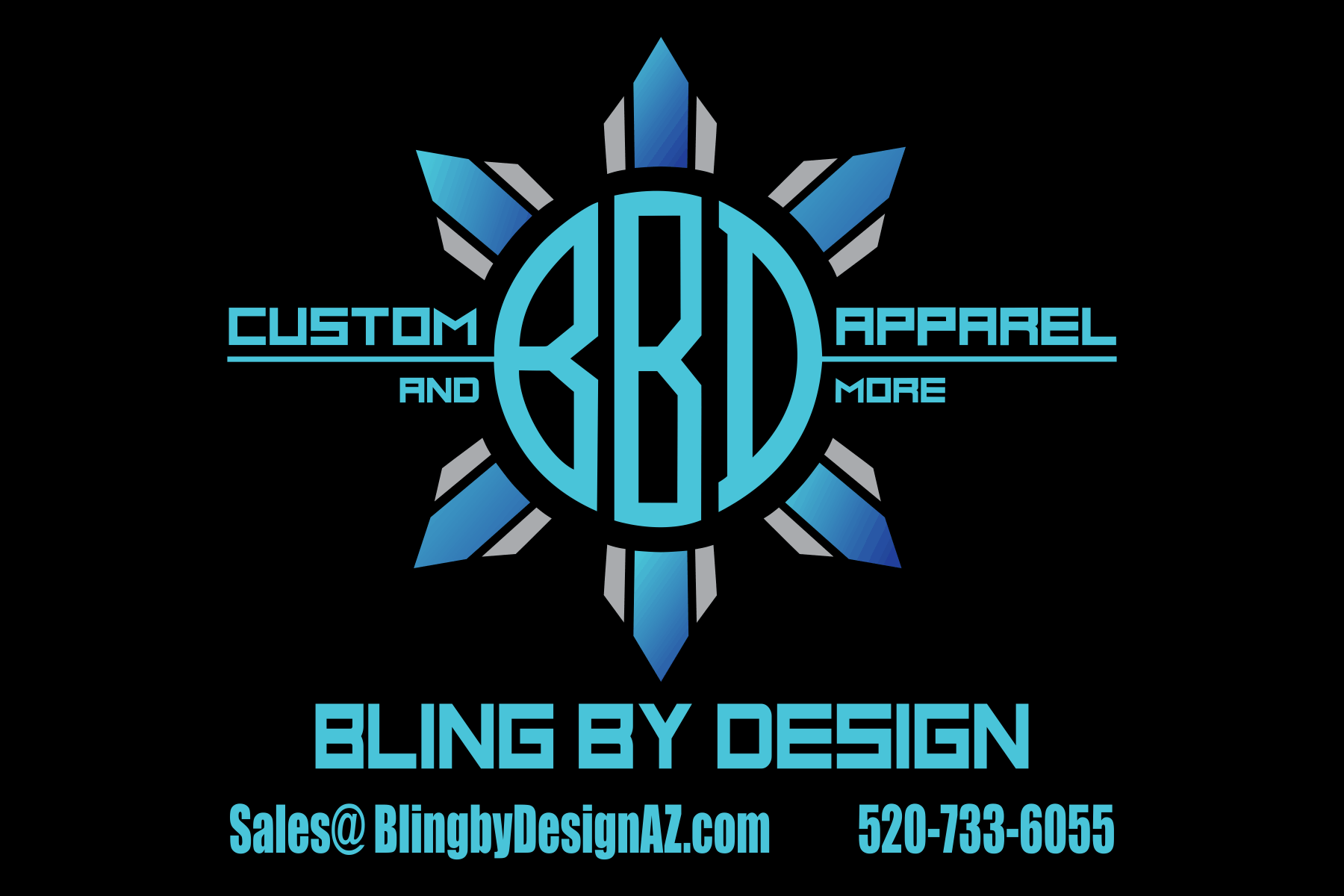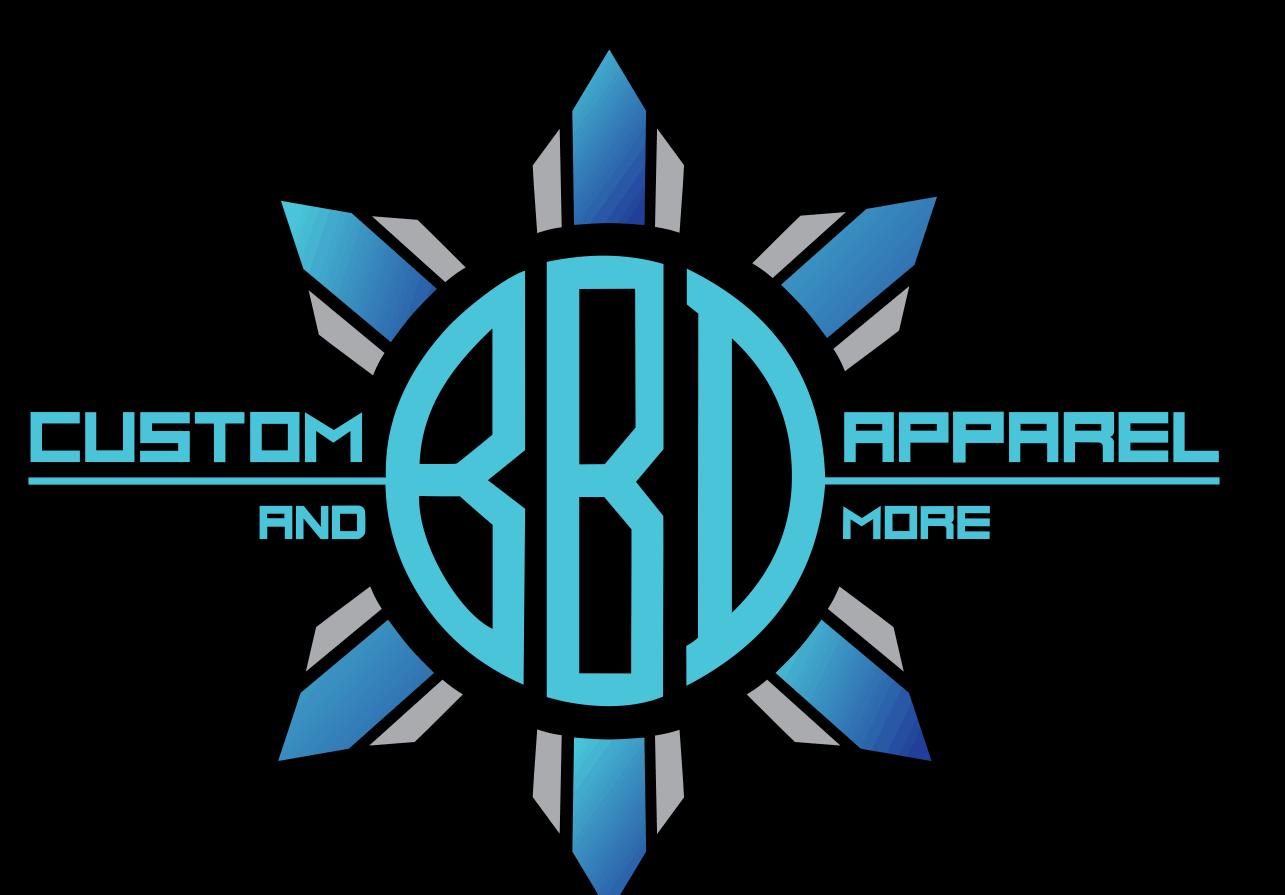Choosing Between Screen Printing and Embroidery
AZ Marketing Masters • January 5, 2025
Embroidery vs. Screen Printing: How to Choose the Best Option for Your
Custom Apparel
When it comes to customizing apparel, two of the most popular techniques are embroidery and screen printing. Whether you're outfitting a team, promoting a business, or creating personalized gifts, understanding the benefits and drawbacks of these methods will help you choose the best option for your needs. Each method offers unique qualities that make it ideal for specific types of designs, budgets, and purposes.
Embroidery: Durable and Professional
Embroidery involves stitching a design directly onto fabric using threads. This technique is renowned for its durability, timeless appeal, and upscale appearance.
Benefits of
Embroidery
1. Professional and High-End Look
Embroidery gives a polished and sophisticated appearance, making it ideal for corporate uniforms, polos, and hats. Stitched designs stand out with a tactile, textured finish that exudes quality.
2. Durability
Embroidered designs are long-lasting and withstand repeated washing without fading, peeling, or cracking. This makes it an excellent choice for items subjected to frequent wear, such as uniforms or jackets.
3. Versatility with Fabrics
Embroidery works well on a wide range of fabrics, including thick or textured materials like denim, fleece, and canvas. It’s also the go-to choice for caps, backpacks, and other items that may not be suitable for screen printing.
4. Multi-Color Designs with No Added Cost
Embroidery pricing is based on stitch count rather than the number of colors. This makes it cost-effective for designs with multiple colors or gradients.
5. 3D and Specialty Effects
Embroidery can add dimensionality to your design, such as raised stitching (known as puff embroidery), metallic threads, or other specialty effects.
Drawbacks of Embroidery
1. Higher Cost for Large Designs
Embroidery is priced based on the number of stitches required to create the design. Larger designs or those with intricate details can become expensive compared to screen printing.
2. Limited Detail for Small Text
Extremely fine details, small fonts, or intricate patterns may not translate well into embroidery. The stitching process may cause these elements to lose clarity.
3. Not Ideal for Lightweight Fabrics
Embroidery adds weight to the garment, which may cause lightweight or stretchy fabrics to pucker or sag.
Screen Printing: Bold and Affordable
Screen printing, also known as silkscreen printing, involves applying ink to fabric through a mesh screen. This method is ideal for creating bold, vibrant designs on a variety of garments.
Benefits of
Screen Printing
1. Vivid Colors and Sharp Details
Screen printing excels at producing bright, opaque colors that pop against any fabric color. It’s perfect for large designs with solid areas of color, such as logos or graphics.
2. Cost-Effective for Large Quantities
Once the screens are created, screen printing becomes highly economical for bulk orders. The more items you print, the lower the cost per piece.
3. Works Well for Large Designs
Unlike embroidery, screen printing handles large designs with ease. It’s ideal for bold graphics, text, and detailed artwork spread across the fabric.
4. Versatility in Ink Types
Screen printing allows for different ink finishes, such as matte, glossy, metallic, or even glow-in-the-dark. Specialty inks can add unique effects to your design.
5. Works on a Variety of Fabrics
While screen printing works best on cotton and cotton blends, it can also be applied to synthetic fabrics like polyester, making it versatile for different types of apparel.
Drawbacks of Screen Printing
1. Less Durable Over Time
Screen-printed designs can fade, crack, or peel after many washes, especially if the garment is washed improperly. Heat and abrasion can accelerate wear and tear.
2. Cost Increases with Colors
Each color in a screen-printed design requires a separate screen, which increases setup costs. This makes multi-color designs more expensive compared to embroidery.
3. Not Ideal for Textured or Thick Fabrics
Screen printing performs best on smooth surfaces. On textured or thick fabrics, the ink may not adhere evenly, resulting in an uneven finish.
4. Setup Time and Minimum Orders
Because screen printing involves creating physical screens for each design, it’s less practical for small orders or one-off projects. There’s typically a minimum order quantity to justify the setup costs.
Key Factors to Consider
When choosing between embroidery and screen printing, it’s essential to evaluate your project’s specific needs. Here are the main factors to consider:
1. Design Size and Complexity
• Embroidery: Best for small logos or simple designs with minimal text.
• Screen Printing: Ideal for large designs or intricate artwork with fine details.
2. Fabric Type
• Embroidery: Works well on thicker fabrics like jackets, polos, and hats.
• Screen Printing: Performs best on smooth, lightweight fabrics like t-shirts and hoodies.
3. Durability Requirements
• Embroidery: Offers long-lasting durability, even with frequent washing.
• Screen Printing: Suitable for casual wear but may wear down over time.
4. Quantity
• Embroidery: Cost-effective for small to medium orders.
• Screen Printing: More affordable for large orders due to economies of scale.
5. Budget
• Embroidery: Higher upfront costs for larger designs but durable and professional.
• Screen Printing: Lower upfront costs for small, single-color designs but more expensive for multi-color artwork.
6. Purpose and Audience
• Embroidery: Ideal for corporate branding, upscale events, or personalized gifts.
• Screen Printing: Perfect for promotional items, team apparel, or casual wear.
When to Choose Embroidery
• Corporate Apparel: Embroidered logos on polos, button-ups, or jackets create a professional and polished appearance.
• Hats and Accessories: Embroidery is the preferred choice for caps, beanies, and bags.
• Specialty Items: Use embroidery for items that require durability and texture.
When to Choose Screen Printing
• Event Merchandise: T-shirts for concerts, fundraisers, or sports teams are best suited for screen printing.
• Large and Detailed Designs: Bold graphics or large-scale artwork translate beautifully onto fabric.
• Casual Apparel: Ideal for creating vibrant and eye-catching designs on t-shirts and hoodies.
Conclusion
Choosing between embroidery and screen printing depends on your project’s specific requirements, including design complexity, fabric type, and budget. Embroidery offers a durable, high-end look for corporate and specialty items, while screen printing is cost-effective for bold, colorful designs, especially in bulk.
Both methods have their strengths, so the right choice ultimately comes down to your priorities. If you’re still unsure, consider consulting with a professional printing company to assess your needs and recommend the best solution for your custom apparel.
By carefully weighing the benefits and drawbacks of each method, you can ensure your finished product is not only visually appealing but also practical and aligned with your goals.




